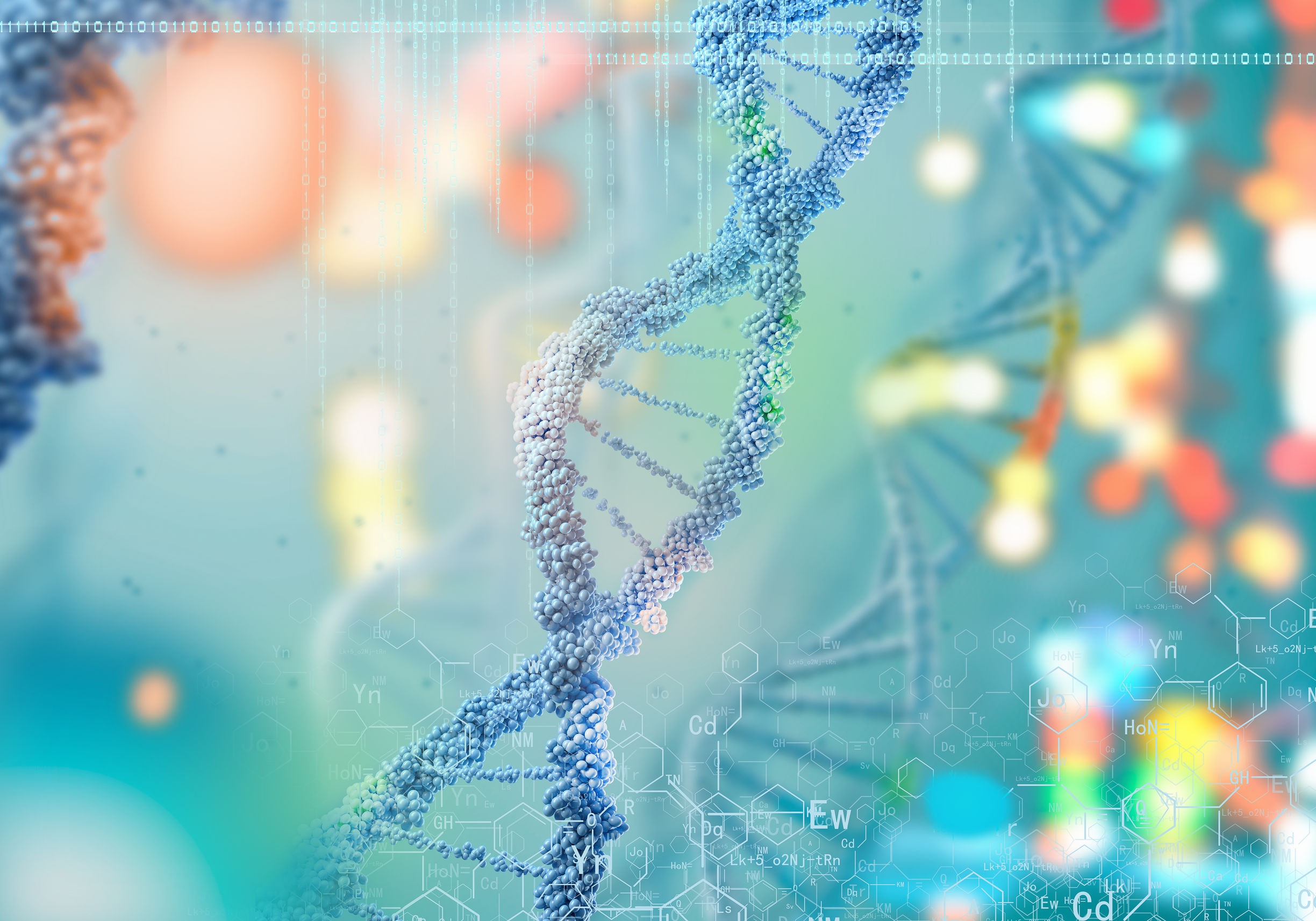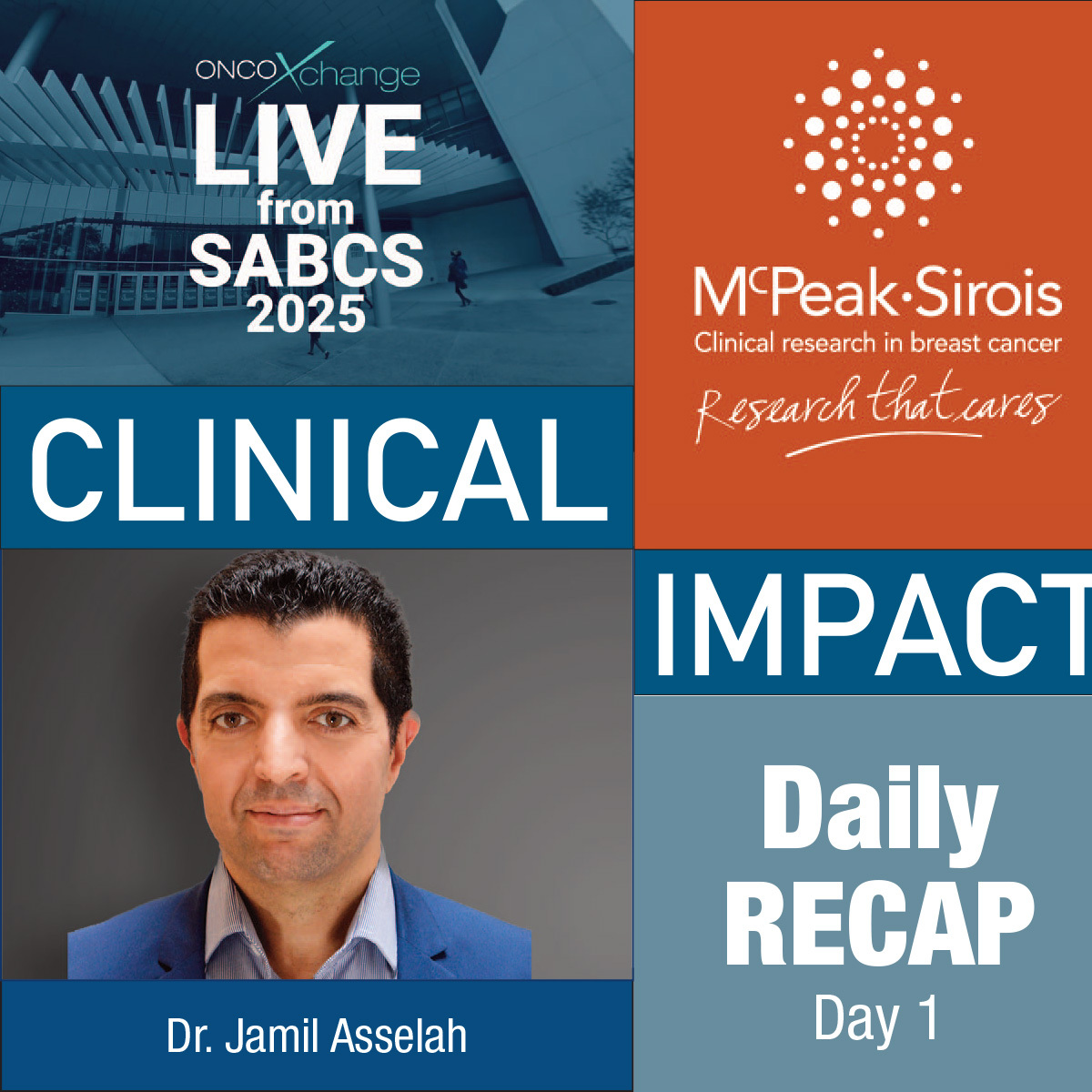
Consensus Panel Favours Getting TILs Info
March 2019
Consensus Panel Favours Getting TILs Info
by Ed Susman
VIENNA, Austria – The use of multi-gene signatures and their use in decision making among women diagnosed with estrogen-receptor positive/HER2-negative disease, especially regarding chemotherapy, was given a favourable nod in the highlights consensus panel at the 16 th St. Gallen Breast Cancer Conference here.
While the questions regarding the gene signatures has support of most of the panel numbers, the results fell short of what panel chair Eric Winer, MD, director of breast oncology at the Susan F. Smith Center for Women's Cancers at Dana-Faber Cancer Institute/Harvard Medical School, Boston, Massachusetts, consider a full consensus – 100% of the international panel of 54 breast cancer experts agreeing to a position.
Question: In T1/T2, N0 cancers, genomic assays are valuable for determining whether to recommend chemotherapy?
The panel response: Yes 93.6% (close to a unanimous verdict); No, 4.3%; abstain (doesn't apply to the panellist or the panel member has a substantial conflict of interest), 2.1%.
Follow-up questions that were more specific about the cancer:
Question: In T3, N0 cancers, genomic assays are valuable for determining whether to recommend chemotherapy?
Yes, 74.5%, No 21.3%. Abstain 4.3%
In T(1-3 plus lymph node involvement), genomic assays are valuable for determining whether to recommend chemotherapy?
Yes, 78.7%; No, 17%; abstain, 4.3%.
When specifically considering a patient diagnosed with Luminal A (estrogen receptor positive, HER2 negative, Grade1 +/- low risk on a multi-gene signature):
Question: In cancers with features above, what is your threshold for giving adjuvant chemotherapy :
The multi-choice answers: 1 positive lymph node, 6.2% of the panellists; 2-3 positive lymph nodes, 20.8%; 4-9 positive lymph nodes, 64.6%; More than 10 positive lymph nodes, 4.2%; abstain 4.2%.
Question: In management of 'classic' lobular breast cancer, with a low risk genomic signature, what is your threshold for giving adjuvant chemotherapy :
1 positive lymph node, 2.2% of the panellists; 2-3 positive lymph nodes, 19.6%; 4-9 positive lymph nodes, 60.9%; Never, 10.9%; abstain 6.4%.
In another area where molecular information might impact, the panel generally favoured looking at information regarding the presence of stromal tumor infiltrating lymphocytes (sTILs), which have been associated with improved outcomes among patients diagnosed with triple negative breast cancer.
To the question: TILs should routinely be characterized and reported according to consensus criteria?
66% of the panel’s member said yes and 34% of the panel said no – a clear indication that most of the panel thought the information would be useful.
But then panel chair Winer threw a curve at the panelists, tossing an ad hoc question into the mix – “Do you yourself ask for TIL characterization from pathology?”
The telling answer: Yes, 25.5%; Abstain 4.3%; No, 70.2%.
“If you don't ask for a TILS report you aren't going to get them,” said consensus panel member Jonas Bergh, MD, professor of oncology-pathology at the Karolinska Insitutet, Stockholm, Sweden, inco0mmenting on the question and answer. “If you do ask for TILs you will get them reported.”
Also weighing in on the subject, panel member Karen Gelmon, MD, professor of medicine at the University of British Columbia, Vancouver, Canada, said, “The question now is that, driven by the evidence, how does this information change practice and therapy? We don't have that evidence now. This should be taken with caution. This is early breast cancer.”
The panellists were also asked whether they would change treatment on the basis of TILs reporting.
The question: TILs should be characterized because tumors with high TILs do not need chemotherapy? There were 6.1% of the panellists who thought this was correct for practice; 4.1% abstained; but 89,8% said no, they disagreed that chemotherapy could be eliminated in the setting of a tumor with high TILs.
“The price we may pay for not giving chemotherapy in these patients is high,” Bergh said. “Triple negative breast cancer is a chemosensitive disease, so if we did not give chemotherapy in patients with high TILs, patients will die.”
On other immunotherapy-related questions put to the panel, the idea of routine reporting of possibly relevant tumor factors greeted with caution:
Question: Tumor PDL1 expression should routinely be reported?
Yes, 20.8%; no, 79.2%.
Question: Immune cell PDL1 expression should be routinely reported?
Yes, 8.5%; No, 91.5%.

Comments (1)